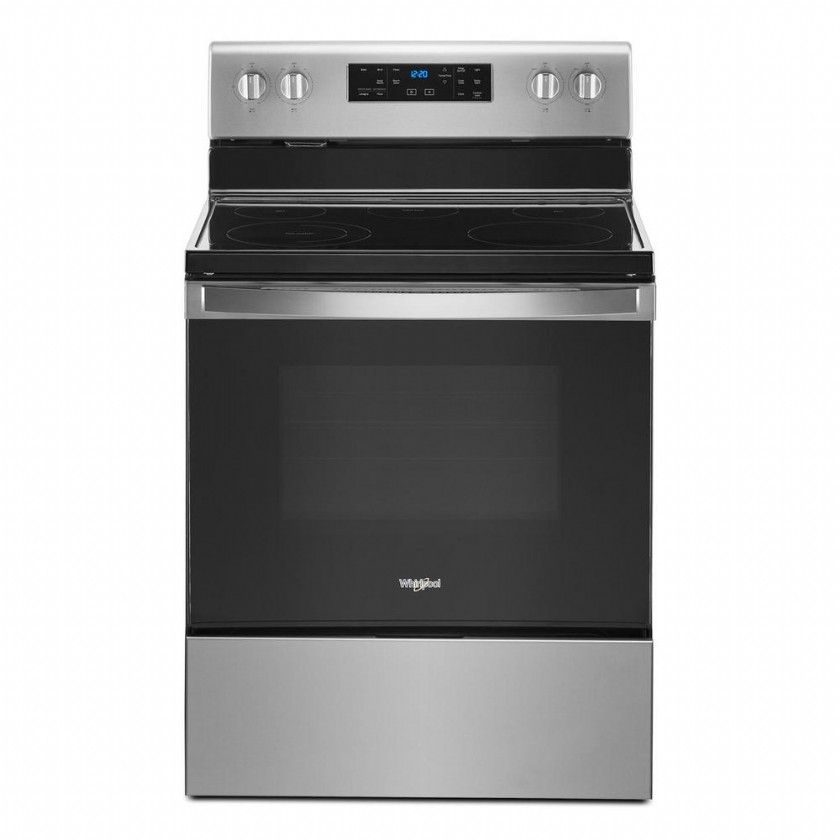Car Engine Maintenance
Proper car engine maintenance is vital for keeping your vehicle running smoothly and efficiently. Neglecting engine care can result in decreased performance, increased fuel consumption, and even engine failure. By following some simple maintenance practices, you can extend the life of your car engine and avoid costly repairs.
1. Regular Oil Changes
One of the most important aspects of engine maintenance is regular oil changes. Engine oil lubricates the moving parts of the engine and helps to reduce friction and heat. Over time, the oil breaks down and becomes less effective. Therefore, it is crucial to change the engine oil and oil filter according to the manufacturer's recommendations. This will ensure proper lubrication and prevent engine damage.
2. Monitoring Fluid Levels
Regularly checking the fluid levels in your car is another essential maintenance practice. This includes coolant, transmission fluid, brake fluid, and power steering fluid. Low fluid levels can lead to overheating, engine malfunction, and other serious issues. Make sure to top up the fluids as necessary and consult your vehicle's manual for specific guidance.
3. Air Filter Replacement
The air filter prevents dust, dirt, and debris from entering the engine. A clogged air filter restricts the airflow, reducing engine efficiency and potentially causing it to overheat. It is crucial to replace the air filter periodically, usually around every 12,000 to 15,000 miles, or as recommended by the manufacturer. Regularly checking and cleaning the air filter in between replacements is also beneficial.
4. Spark Plug Maintenance
Effective spark plugs are essential for a properly functioning engine. They ignite the fuel-air mixture, providing the necessary combustion for your vehicle to run. Over time, spark plugs can become worn out or covered in carbon deposits, resulting in misfires and reduced performance. It is recommended to replace spark plugs every 30,000 to 100,000 miles, depending on the type of plugs installed, or as advised by the manufacturer.
5. Timely Belt and Hose Inspections
Belts and hoses in your engine are crucial for various functions such as power steering, cooling, and charging the battery. Regularly inspecting these components for cracks, wear, or fraying is essential. If you notice any issues, have them replaced promptly by a professional to avoid potential breakdowns or damage to the engine.
6. Professional Maintenance and Tune-ups
Periodic professional inspections and tune-ups are highly recommended for optimal engine maintenance. Trained mechanics can identify early signs of wear and address underlying issues before they cause severe damage. They can also perform tasks such as cleaning the fuel injectors, checking ignition systems, and adjusting engine timing to ensure proper performance and fuel efficiency.
Remember, regular car engine maintenance not only improves the longevity and reliability of your vehicle but also contributes to safer driving and lower repair costs in the long run. By following these maintenance practices and consulting your car's manual, you can stay on top of engine care and enjoy a smooth and trouble-free driving experience.







 149
149